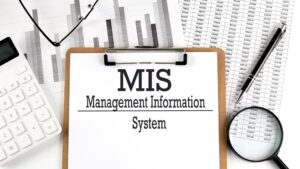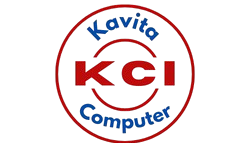A Management Information System (MIS) course is designed to teach students how to use technology and information systems to manage and improve organizational operations. Here’s a breakdown of what such a course typically entails:
### Course Overview
1. **Core Concepts:**
– **Information Systems Fundamentals:** Introduction to how information systems support business processes.
– **Database Management:** Techniques for managing and utilizing data.
– **Systems Analysis and Design:** Methods for designing and implementing information systems.
– **Business Intelligence:** Tools and techniques for analyzing business data to aid decision-making.
– **Project Management:** Strategies for managing IT projects.
2. **Technical Skills:**
– **Programming Languages:** Basic coding skills relevant to information systems.
– **Software Applications:** Training on software like ERP systems, CRM tools, etc.
– **Networking and Security:** Understanding how to secure information systems and manage network infrastructure.
3. **Business Skills:**
– **Management Principles:** Basics of management as it applies to IT.
– **Strategic Planning:** How to align IT systems with business goals.
4. **Real-World Applications:**
– **Case Studies:** Analysis of real-world business scenarios and how information systems solve these problems.
– **Internships:** Practical experience in a business setting, often integrated into the course.
### Placement Opportunities
Many MIS courses offer placement assistance as part of their program. This typically includes:
1. **Career Counseling:** Guidance on career paths in the field of MIS.
2. **Resume Building:** Help with crafting a resume and cover letter.
3. **Interview Preparation:** Mock interviews and tips for successful interviews.
4. **Networking Opportunities:** Events and workshops to connect with industry professionals.
5. **Internships and Job Placements:** Assistance in finding internships or job placements with companies.
### Why Placement Matters
Placement services are valuable as they help bridge the gap between academic knowledge and practical experience. Graduates with placement assistance often have a smoother transition into the workforce, benefiting from connections made during internships and job placements.
If you’re considering a MIS course, checking the specifics of the placement support offered by the institution can be a crucial factor in your decision-making process.
